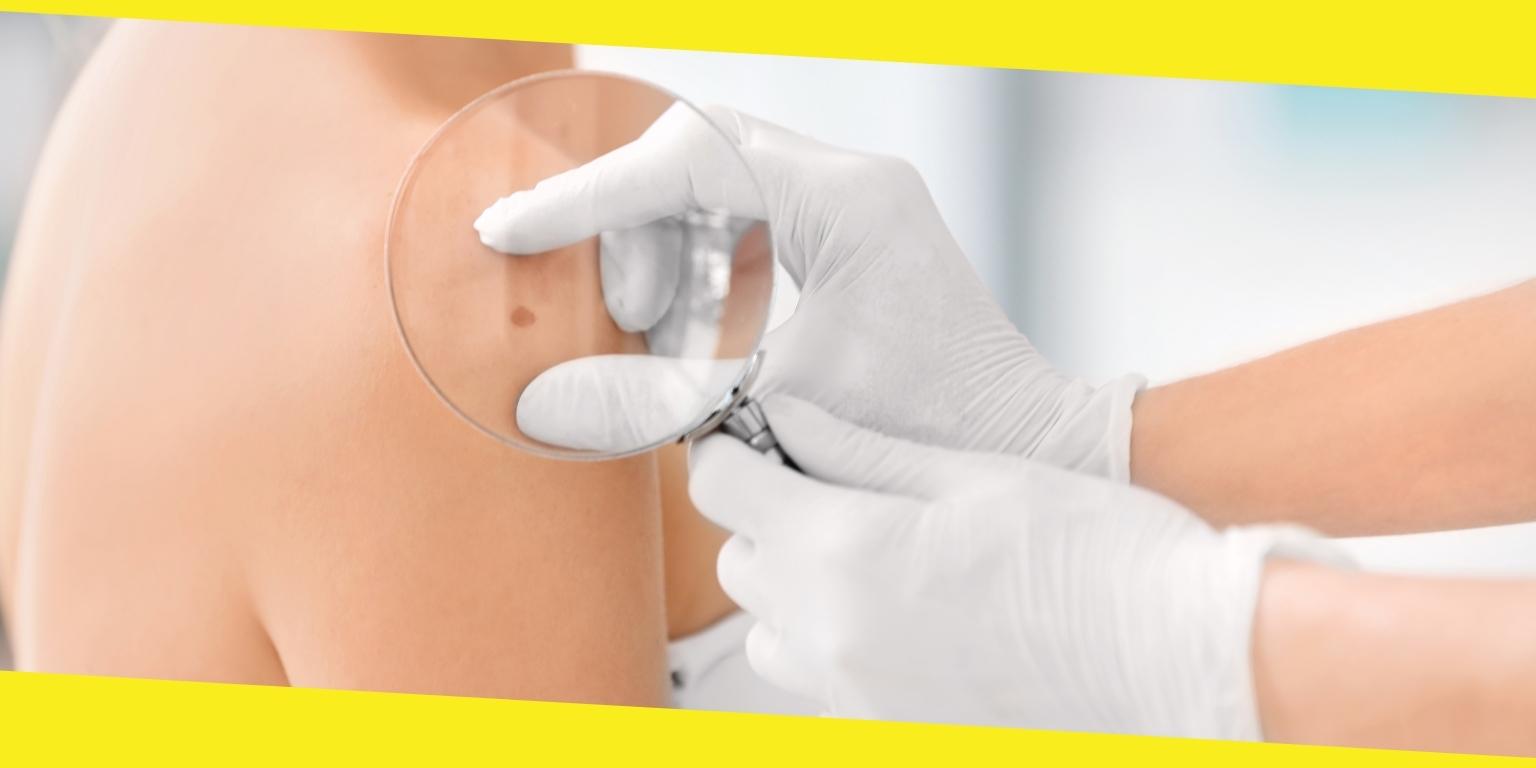Dermatologists and What They Do
Issues affecting your skin are of many types, considering the skin has the largest surface area of any body part. It also does not help that your skin is the most exposed organ, and its primary function is protecting your body and its internal organs from harm. Skin specialists and dermatologists deal with these skin issues. Dr. Wendy Long Mitchell is a renowned dermatologist with comprehensive experience and expertise in dealing with your skin issues. More about the roles of a dermatologist is discussed below.

Contents
ToggleWho is a Dermatologist?
A dermatologist is a physician involved in identifying and treating issues affecting your skin, hair, and nails. They can also handle problems involving the tissue lining of your mouth, nose, eyelids, and mucous membranes.
The increased number of dermatologist visits has been to treat:
- Acne
- Skin lesions
- Pigmentation or discoloration
- Skin rashes
A dermatologist can identify signs and symptoms of extreme underlying issues and deal with cosmetic and medical issues. Diabetes is an example of an illness whose symptoms can manifest on your skin.
The work done by a dermatologist can be categorized in three ways, namely:
-
Medical
These professionals diagnose and manage skin problems like acne, plaque psoriasis, and rosacea. They can also identify other conditions through symptoms on the skin. Kidney issues can be characterized by dry, itchy skin.
-
Cosmetic
Issues that affect your appearance, like dark spots, hair loss, or wrinkles, may be dealt with by a dermatologist. They can also provide cosmetic treatments like chemical peels, fillers, and laser hair removal.
-
Surgery
Minor surgeries like skin biopsies or eliminating warts or moles can be performed. Some physicians can do more extensive procedures like removing skin cancer or benign cysts.
The conditions involving your hair, skin, or nails that dermatologists treat include:
-
Acne
Dealing with acne depends on its severity and treatment is through medication, topical treatments, light therapies, lasers, removing large cysts, or chemical peels
-
Dermatitis
This collection of infections forms irritation and inflammation, including cradle cap, eczema, and allergic reactions.
-
Skin cancer
This cancer can happen in any place in your body. These cells can be eliminated and monitored to ensure they do not reoccur.
-
Hair Loss
Hereditary baldness may cause hair loss, with other possible causes being illness, stress, and hormonal changes. The underlying hair loss cause can be identified and treated if possible.
-
Infections
Bacteria, viruses, parasites, and fungi can get to your skin and cause skin infections. Dermatologists can find out the cause and deal with them.
-
Nail problems
Discoloration, spots, and nail separation are typical nail issues dealt with by dermatologists
The various operations that dermatologists can do involve:
- Laser therapy to eliminate moles, warts, tattoos, sun spots, blemishes, acne scars, or unwanted hair
- Biopsies to identify or rule out cancer
- Cryotherapy to remove skin tags, warts, or some tumors
- Surgical excisions on growths
- Chemical peels
- Sclerotherapy for vein problems
- Cosmetic injections
- Liposuction
Some people have skin prone to cancer and need to be checked annually. Dermatologists are also beneficial in that they can also deal with issues of your hair or nails. For any dermatology concerns, check our website out, or call our offices in Murray Hill, NY.
You may like this
Recommended For You
5 Surprising Benefits of Boxing Workouts You Probably Didn’t Know
Most Inside
Most Inside offers high-quality recommendations and valuable updates to enhance all aspects of your life, providing premium guidance and enriching experiences.




